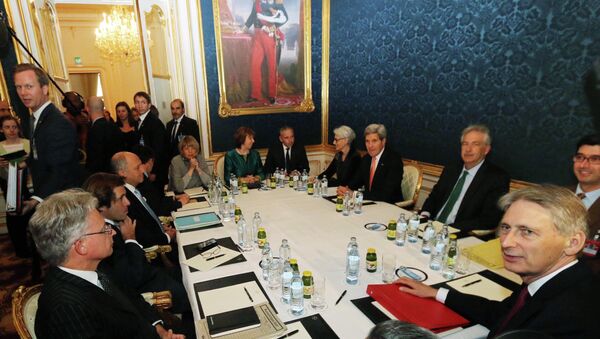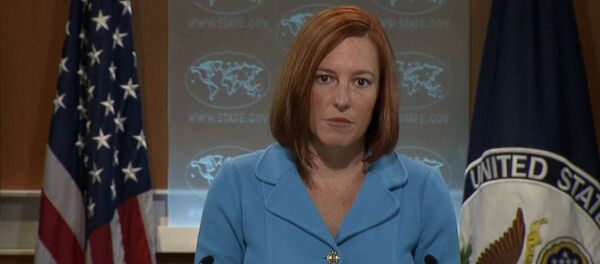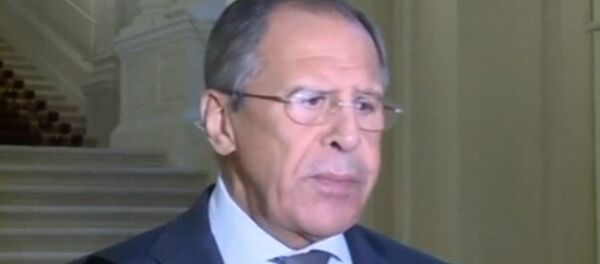“The Russian delegation has played a constructive role,” Robert Einhorn, former Assistant Secretary for Non-Proliferation of the US Department of State said at the Wilson Center.
Reports that an agreement is being worked out where Iran would send most of its enriched uranium to Russia are “very good, because that would lengthen the so-called breakout time,” that would take Iran to develop a functional nuclear weapon, Einhorn stated.
"This recent reactor deal between Russia and Iran is very good for the negotiation, actually,” the former State Department official added.
Russia’s provision of fuel undercuts “the Iranian argument that it needs an industrial scale enrichment capacity in order to produce fuel indigenously,” he noted.
In early November, Russia and Iran struck additional deals to develop Iran’s growing civilian nuclear power program. Russia’s Rosatom agreed to deliver eight new nuclear reactors to Iran, and provide fuel for the entire lifetime of the reactors, according to reports by Rosatom and Iran’s Atomic Energy Organization.
The P5+1 group that includes Russia, the United States, the United Kingdom, France, China and Germany hopes to strike a comprehensive long-term nuclear deal with Tehran, guaranteeing the peaceful nature of the Iranian nuclear program.
The latest round of talks on the Iranian nuclear issue between Tehran and the P5+1 group finished in Vienna on November 24. While Iran agreed to implement the interim agreement reached during P5+1 talks in Geneva a year ago, there were still difficulties, verifying Iran’s compliance that all of its nuclear activities are for peaceful purposes.
The nuclear negotiations with Iran were extended until July 1, 2015 with a new political framework due on March 1.



